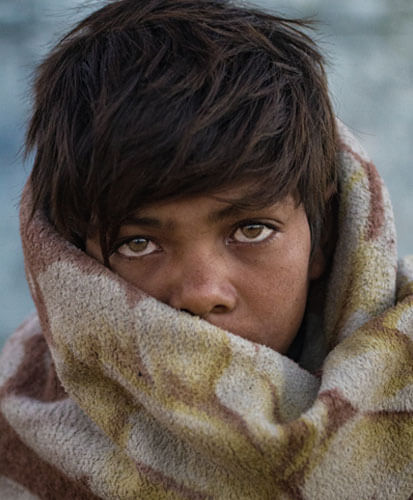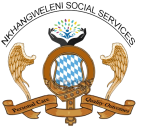What we do
We support peoples to over come GBV and Substance Abuse
South Africa is a signatory to a number of international treaties on GBV, and strong legislative framework, for example the Domestic Violence Act (DVA) (1998), the Sexual Offences Act (2007) and the Prevention and Combatting of Trafficking in Human Persons (2013) Act” [22].
ROOT CAUSES OF SUBSTANCE ABUSE
Family background:
Family background has a bearing on substance abuse. Individuals who were raised in homes that were, for instance, affected by divorce and mental illness, and those who were raised in homes where illicit drugs and alcohol were consumed, are more likely to become users in adulthood.
IMPACT OF SUBSTANCE ABUSE
Substance abuse impacts negatively on the user, their families and communities. Alcohol and illicit drugs damage the health of users and are linked to rises in non-communicable diseases, including HIV and AIDS, cancer, heart disease and psychological disorders. There are no limits on the impact substance abuse has on the health of users
PREVENTING SUBSTANCE ABUSE
Families can be one of the strongest protective factors in the lives of children and early adolescence. Poor parenting, family
dysfunction, neglect and abuse are some of the strongest risk factors associated to a range of risky behaviours, including
substance abuse.
Forms of gender-based violence
GBV can be physical, sexual, emotional, financial or structural, and can be perpetrated by intimate partners, acquaintances, strangers and institutions. Most acts of interpersonal gender-based violence are committed by men against women, and the man perpetrating the violence is often known by the woman, such as a partner or family member
Violence against women and girls (VAWG)
GBV is disproportionately directed against women and girls. For this reason, you may find that some definitions use GBV and VAWG interchangeably, and in this article, we focus mainly on VAWG.
Violence against LGBTI people
However, it is possible for people of all genders to be subject to GBV. For example, GBV is often experienced by people who are seen as not conforming to their assigned gender roles, such as lesbian, gay, bisexual, transgender and/or intersex people.
Intimate partner violence (IPV)
IPV is the most common form of GBV and includes physical, sexual, and emotional abuse and controlling behaviours by a current or former intimate partner or spouse, and can occur in heterosexual or same-sex couples [5].
Domestic violence (DV) – Domestic violence refers to violence which is carried out by partners or family members. As such, DV can include IPV, but also encompasses violence against children or other family members.
What we care for

We Must End GBV Now.!
CARE works to address multiple forms of GBV, including: Intimate partner violence. Sexual violence, harassment, exploitation, and abuse. Child, early, and forced marriage, and other harmful traditional practices. Whilst international treaties and legislation is important it is not enough to end GBV and strengthen responses.
Addressing GBV is a complex issue requiring multi-faceted responses and commitment from all stakeholders, including government, civil society and other citizens. There is growing recognition in South Africa of the magnitude and impact of GBV and of the need to strengthen the response across sectors.
Solutions to gender-based violence
- Educate peoples more about GBV
- Understand the specific root causes of GBV in each country and community.
- Believe and support survivors.
- Pay special attention to high-risk groups.
- Find non-harmful alternatives to harmful traditions.
- Challenge other gender norm.
- Engage men as allies and partners.
- Focus on community change.
- Keep girls in school.
- Empower women economically and financially.
- Normalise mental health and psychosocial support systems
apply with stay up to date to find more info…


where to report gender based violence and substance abuse in south africa
- South African Police Service – SAPS emergency number: 10111
- People Opposed to Woman Abuse (Powa)- Tel: 011 642 4345
- Childline South Africa – Toll-free helpline: 116
- Child Welfare South Africa – Tel: 074 080 8315
- Families South Africa (Famsa) – Tel: 011 975 7106/7
- Tears Foundation – Tel: 010 590 5920
- The Trauma Centre – Tel: 021 465 7373
Thuthuzela Care Centres – Website: http://www.soulcity.org.za/
